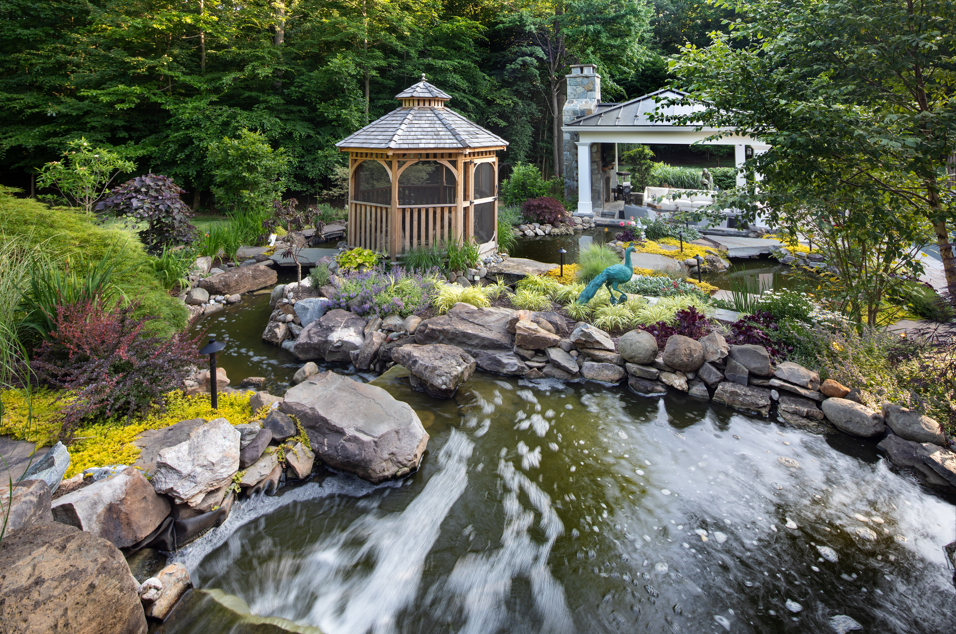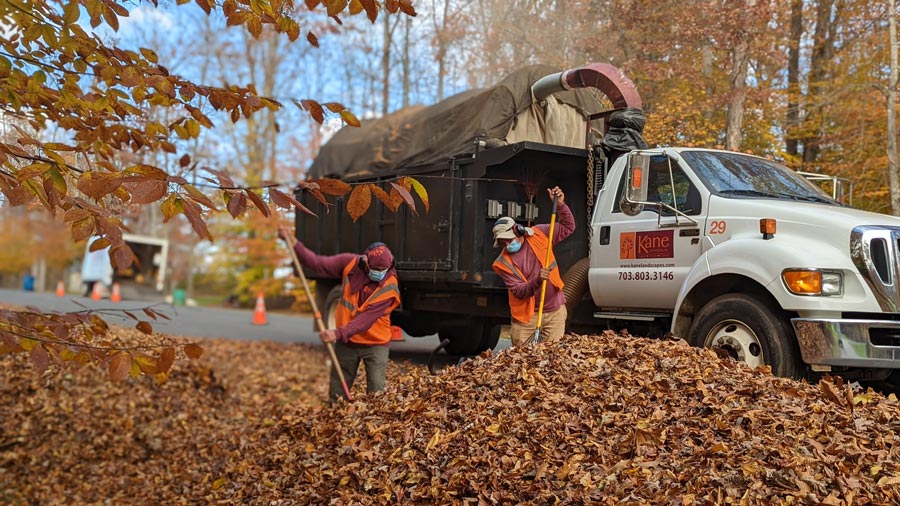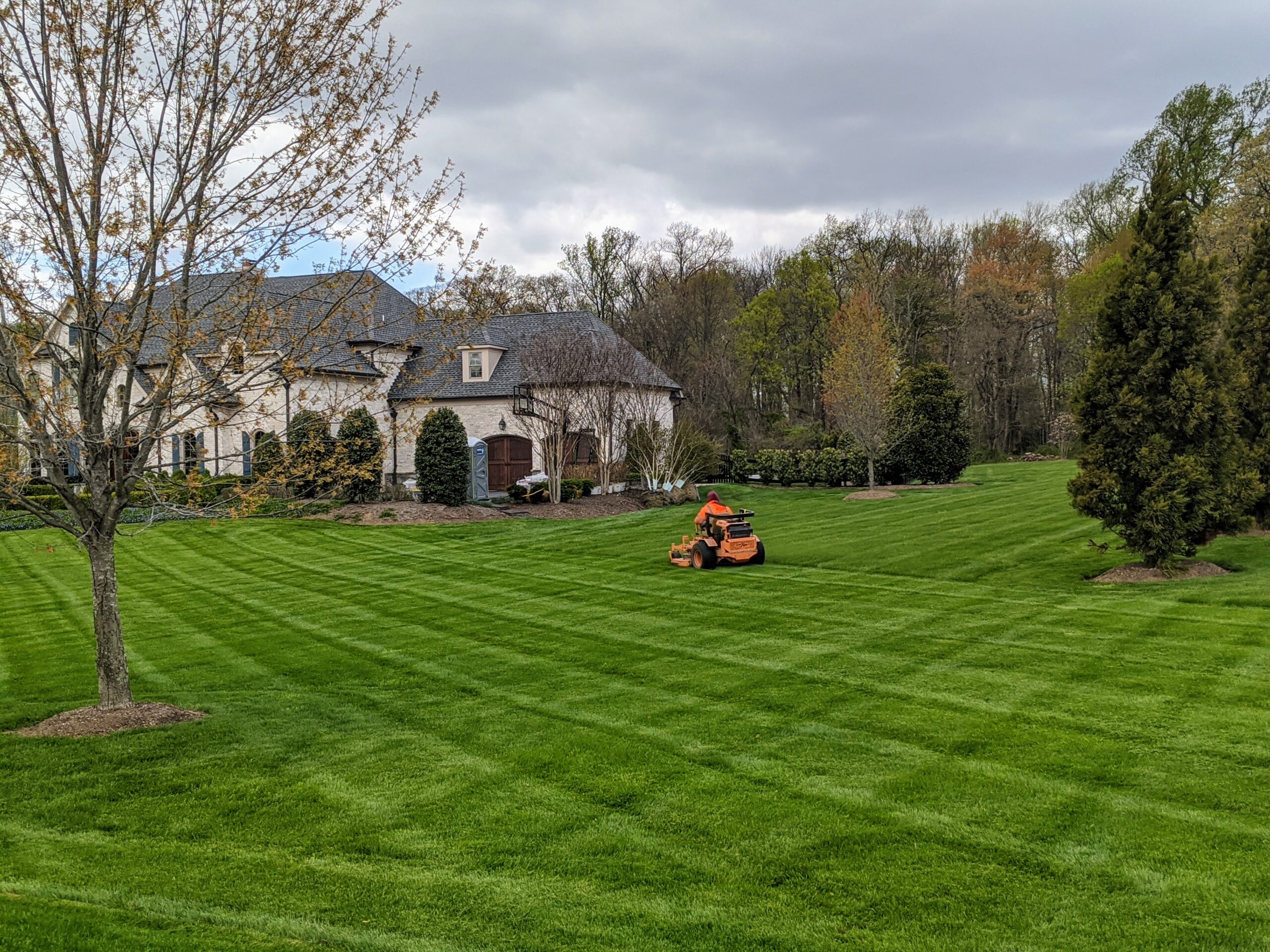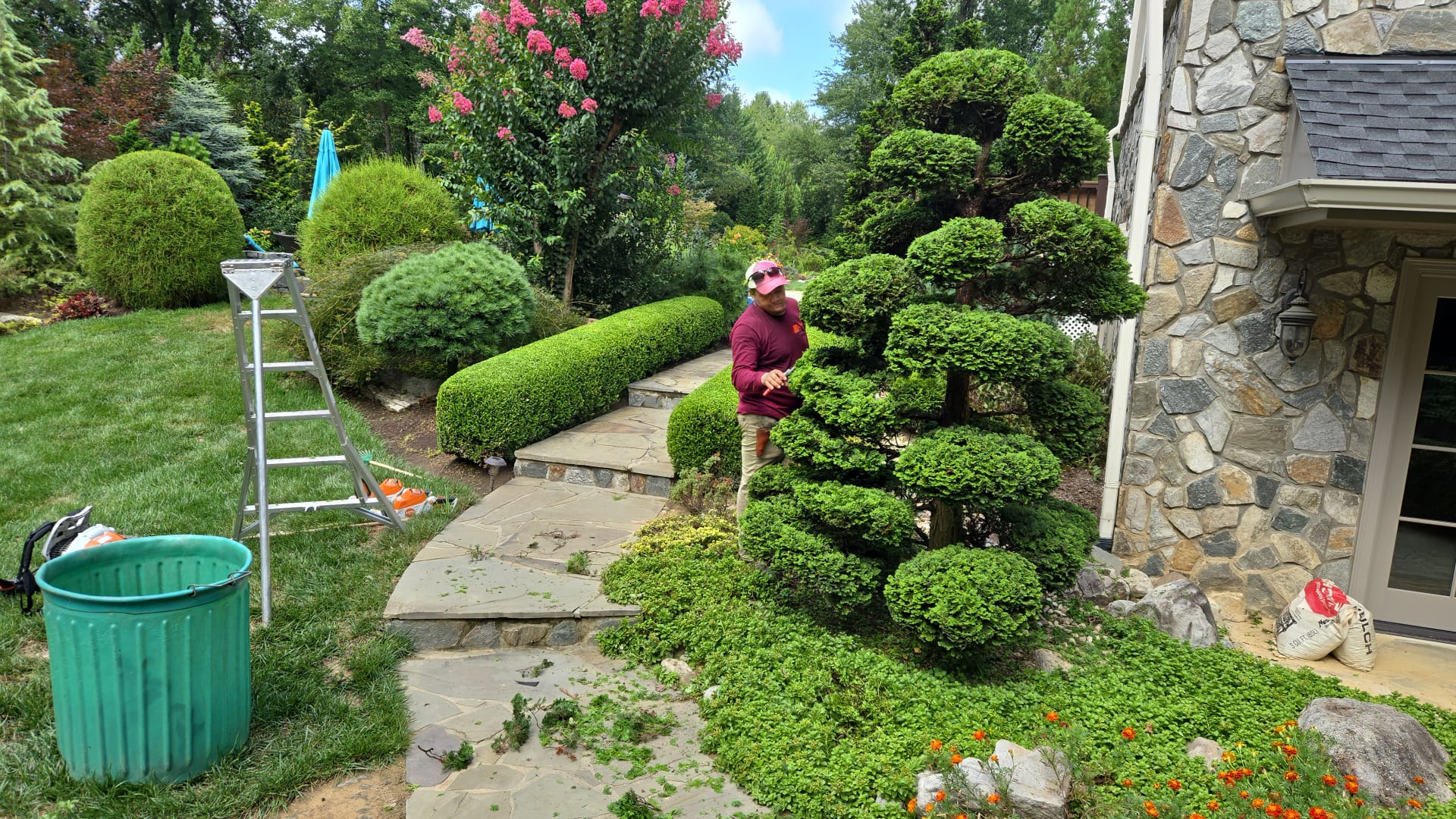Landscaping is more than simply tending to flowers and lawns; it’s a cornerstone of creating and maintaining inviting outdoor spaces. If you’re passionate about plants and considering a horticulture career, understanding the pay scale across landscaping jobs can help you find your path. Whether you’re just starting or eager to grow within the field, this overview will clarify the opportunities and the earning potential that await.
A Look at Common Landscaping Roles
Landscaping jobs are wonderfully diverse, suiting different interests and expertise levels. Some of the most common positions include:
- General Landscaper: Maintains lawns, beds, and borders, usually in residential or commercial settings.
- Groundskeeper: Oversees larger properties, such as parks, schools, or golf courses.
- Landscape Technician: Implements planting plans and installs landscape features under the direction of a designer or architect.
Horticulturist: Specializes in the science of plants, offering advice and ensuring plant health. - Landscape Architect: Designs and oversees the installation of outdoor environments, balancing aesthetics with functionality and sustainability.
Each job requires varying degrees of plant knowledge, creativity, and physical capability. The more specialized your skill set, the greater your potential earnings.
What Do Landscaping Jobs Pay?
The question “how much are landscaping jobs?” is top of mind for many considering this rewarding field. Pay rates fluctuate based on your location, responsibilities, and experience.
- Entry-Level Landscapers: These positions often start between $14 and $18 per hour in many suburban and urban areas, with seasonal demand sometimes impacting pay.
- Experienced Landscapers/Groundskeepers: Seasoned workers can expect hourly wages from $18 to $25, especially when handling larger estates or working with high-end clients.
- Landscaping Technicians: Those who can read plans, safely operate machinery, and handle specialty tasks may earn $20 to $30 hourly.
Horticulturists: With formal training or certification, horticulturists’ salaries can range from $38,000 to over $60,000 annually, depending on their responsibilities and the scale of their clients’ properties. - Landscape Architects: These professionals (especially those with licensing and years of experience) are among the top earners, with annual salaries in the United States averaging from $55,000 and sometimes exceeding $100,000 for senior positions or those who lead their own firms.
For specialized consultants or business owners, pay can vary even more widely, often reflecting client base and business acumen as much as landscaping skills.
What Determines the Pay Scale in Landscaping?
Several factors influence how much you might pay for landscaping services or expect to earn:
- Experience: More years in the field or mastery of advanced techniques generally command higher rates.
- Certifications and Training: Credentials in horticulture, pesticides, or landscape design distinguish candidates and justify premium fees.
- Scope of Work: Routine lawn care differs from complex installations or landscape design. Jobs requiring greater expertise or physical effort usually pay more.
- Location: Urban and affluent areas, such as Northern Virginia, may see higher rates due to demand and the cost of living.
- Seasonality: In regions with harsh winters, many positions ramp up in spring and summer, sometimes affecting wages.
If you are hiring, understanding these factors helps you set fair expectations for both the cost and quality of services.
What Are the Highest Paid Jobs in Horticulture?
The top earning jobs in horticulture are generally those that require advanced education and professional licensure. Landscape Architects stand out as the most lucrative career track in the field. These professionals blend technical skill, creativity, and project management to design large-scale environments for residential, commercial, or public use.
Beyond landscape architects, senior managers in large landscaping companies, horticultural consultants, and specialty designers (such as a qualified water feature designer) can command high salaries. Business ownership also offers substantial earning potential, contingent on building a strong client base and maintaining a reputation for quality and reliability.
Valued Skills in the Landscaping Industry
To maximize your career prospects and earning potential, consider developing the following skills:
- Plant Identification and Care: Understanding plant needs and recognizing species ensures healthy gardens and landscapes.
- Landscape Design: Learning design principles and digital planning tools is essential for advanced roles.
- Knowledge of Environmental Practices: Implementing sustainable solutions aligns with modern landscaping trends.
- Equipment Handling: Competency with machinery differentiates candidates for installation and maintenance jobs.
- Client Communication: Excellent service and clear communication help build lasting business relationships.
Whether you aim to specialize as a landscape architect or excel in landscape maintenance, investing in your professional skills is the surest way to grow.
Launching Your Career in Landscaping
If you are passionate about landscaping, there are many rewarding roles to consider, with pay scales reflecting skill level, expertise, and local demand. The highest paying positions—such as landscape architects and specialized consultants—require a mix of education, creativity, and experience, but offer strong salaries and the chance to shape beautiful, sustainable spaces.
Are you ready to explore landscaping as a career or seeking skilled professionals for your property? Kane Landscapes is dedicated to both nurturing talent and delivering exceptional service. Connect with our expert team to discover how your outdoor vision can become a vibrant reality.





